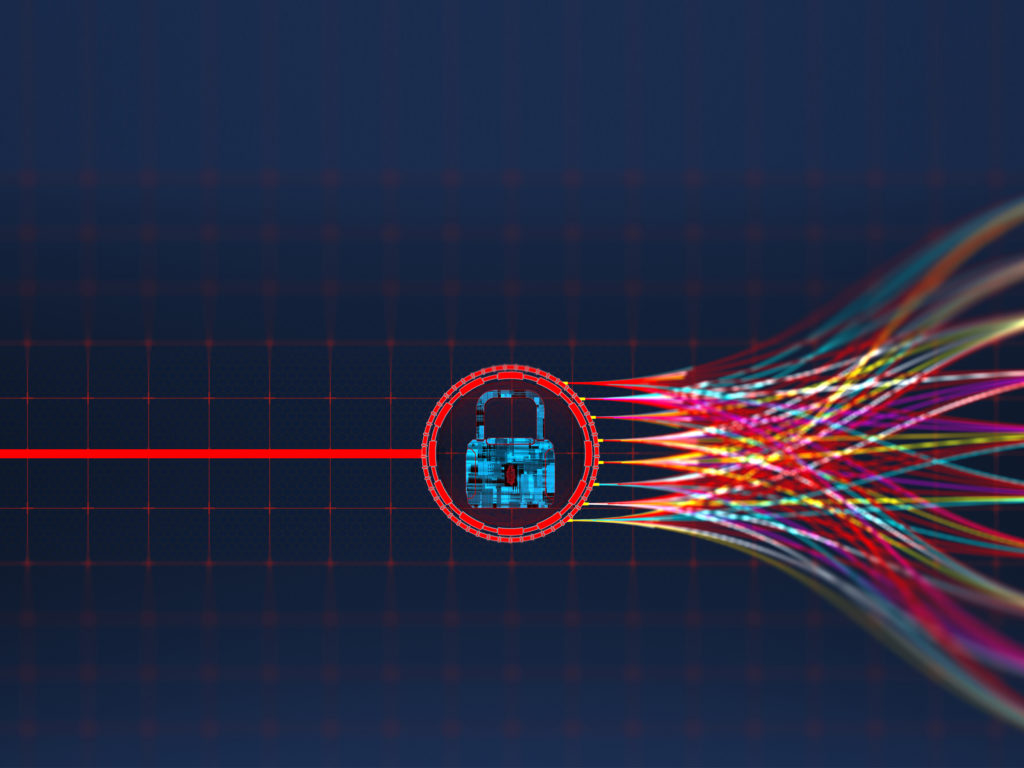This blog was previously published here.
With this new adaptation to digital transformation, the rise in global data regulations ignited soon after. Today, over 132 countries have implemented their own set of data regulations. These laws vary from country to country, and companies that fail to remain compliant face hefty fines and possible expulsion; take TikTok, for example.
With this in mind, staying compliant with country-specific laws remains an ever-changing issue. As companies try to focus on staying afloat during the pandemic, they’re finding it’s difficult to keep up with increased data patriotism. Unfortunately, the complexity of these data regulations results in companies avoiding business in certain parts of the world due to a lack of understanding.
One of the most significant changes this year was the rejection of the EU-US Privacy Shield. Before this dismissal, companies were allowed to move data between the US and the EU freely, but now, they must comply with the General Data Protection Regulation (GDPR) to prevent legal retribution. Utilizing a platform that continually monitors these regulations’ changes is necessary for companies that need to remain compliant as fines could add up to 4% of their company’s revenue.
While digital transformation has increased, the implementation of these regulations, and the shift of companies moving operations and communications online, forced an internal reflection on data management solutions. The adoption of Software-as-a-Service (SaaS) applications like Salesforce and ServiceNow became a critical solution to customer data management. These applications gained popularity due to cost-effectiveness and the ability to eliminate traditional internet technology (IT) deployments.
Global Saas, Local Data
SaaS distribution doesn’t require extensive hardware. Instead, SaaS solutions are hosted in and managed via the cloud, reducing the need for onsite hosting and maintenance of application infrastructures like servers and databases. Though SaaS solutions are beneficial, it’s vital to recognize and stay on top of increasing data privacy and residency regulations once you have distributed the applications. To continue using SaaS applications, companies must localize the data without making changes or negatively affecting the application’s existing functionality.
For businesses like banks, healthcare/medical, and other essential industries that deal with private health, financial, and profile information, the need to ensure that the data being transmitted is secure is a top priority. It is crucial to find a solution, such as data residency-as-a-service platforms, that allow companies to continue using those SaaS applications while also complying with country-specific data residency laws. Compliance is met with help from technologies like API integrations in SaaS products. These integrations help deliver secure and compliant data stack within the host country’s data centers and help companies remain compliant with relevant data regulations.
Time to Come Together
As data regulations intensify and data nationalism trends upwards, businesses need to utilize a compliance platform that is continuously updating to meet requirements of the newest country-specific laws while working in tandem with SaaS applications. Instead of wasting time and money to build an internal team that works to keep up with regulations, companies that utilize a third-party SaaS solution will be able to have a fast, seamless, and cost-effective experience. Ultimately, the utilization of SaaS services that are always keeping up with data privacy laws will ensure businesses continuity and success without stress.


